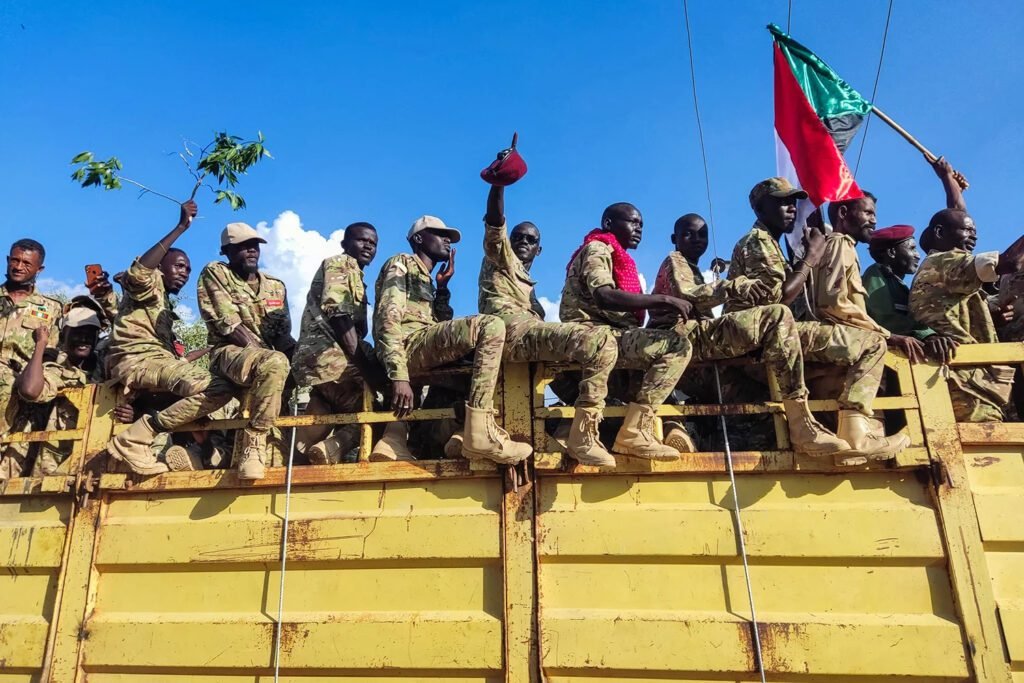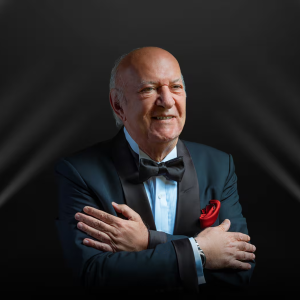In a surprising turn of events, a growing number of Sudanese democracy activists—many of whom led the charge against military rule during Sudan’s 2019 revolution—are now voicing cautious support for the army. What appears at first glance to be a contradiction is, in fact, a reflection of Sudan’s deeply complex political and humanitarian crisis. Caught between a brutal internal conflict and an uncertain path to civilian rule, many pro-democracy Sudanese are now re-evaluating their stance in a bid to preserve the nation from complete collapse.
The shift in perspective marks a pivotal moment in Sudan’s turbulent political evolution, where ideology meets survival, and principles must be weighed against pragmatism. With the country engulfed in civil war since April 2023, the actors and alliances within Sudan’s political landscape are undergoing dramatic realignments.
From Revolution to Civil War: A Brief Recap
Sudan’s revolution in 2019, led by youth, civil society, and grassroots democracy activists, brought down the decades-long dictatorship of Omar al-Bashir. The Sudanese military, under pressure, entered into a power-sharing agreement with civilian leaders to transition the country toward democracy. This fragile arrangement, however, was derailed in 2021 when the army staged another coup.

Since April 2023, the situation has spiraled into full-blown civil war. The Sudanese Armed Forces (SAF), led by General Abdel Fattah al-Burhan, is battling the paramilitary Rapid Support Forces (RSF), commanded by General Mohamed Hamdan Dagalo, commonly known as Hemedti. The conflict has devastated cities, displaced millions, and left thousands dead.
Initially, both sides claimed to protect democratic values, but widespread atrocities—particularly those blamed on the RSF—have led many former critics of the army to reconsider who poses the greatest threat to Sudan’s future.

The RSF’s Growing Infamy
The RSF’s brutal tactics have been the main catalyst behind this change in sentiment. Reports of ethnic massacres in Darfur, sexual violence against civilians, and the widespread looting of homes, hospitals, and humanitarian warehouses have painted a dark picture of the paramilitary group’s intentions.
For many Sudanese civilians, especially those in RSF-occupied areas, the choice is no longer between democracy and dictatorship—it is between survival and destruction. And for those in the democracy movement, this has triggered a moral reckoning: can the SAF be a temporary ally in the fight against a greater evil?
Some argue yes, not because the army is ideal, but because it remains the only organized national force capable of pushing back the RSF’s advance. As one activist in Omdurman explained, “We protested against army rule, yes—but the RSF is not just undemocratic, it is lawless and predatory. The army may be flawed, but it hasn’t turned entire cities into war zones.”
The Dilemma of Principle vs. Reality
This shift in support is not without tension. Many activists and civil society groups feel conflicted, recognizing the army’s history of repression, yet acknowledging that current circumstances demand strategic alignment.
Key members of the Sudanese Professionals Association (SPA)—one of the major organizers of the 2019 revolution—have called for a “realistic approach.” Some have reframed their stance as “supporting the state,” rather than endorsing military rule. They argue that until a viable democratic alternative can be rebuilt, the SAF remains a crucial pillar holding back complete societal collapse.
Others, particularly those displaced from Khartoum and Darfur, speak from experience. The RSF’s actions, they say, have obliterated communities and disrupted the social fabric. “It’s not about politics anymore,” says a young displaced teacher. “It’s about saving what’s left.”
An Opportunity for Recalibration?
Despite their chequered past, the SAF’s recent rhetoric has shown signs of willingness to work with civilian figures again, albeit cautiously. General Burhan has promised to hand over power after the conflict ends, though skeptics fear this may be another delay tactic.
Still, the army’s growing need for legitimacy—both domestically and internationally—has opened the door for engagement. Some political factions and grassroots leaders now see an opportunity: to recalibrate the relationship with the military and push for real institutional reform, even if gradual.
The view is pragmatic: if the army is to play a role in defeating the RSF, then civilian actors must simultaneously prepare the ground for a renewed democratic transition. This means rebuilding coalitions, drafting inclusive frameworks, and preparing to negotiate from a position of strength when the dust settles.
Regional and International Implications
The shift among Sudanese democracy activists has also been noticed by regional and international stakeholders. Egypt, the UAE, Saudi Arabia, and even the African Union are watching closely. While some regional powers have quietly supported different sides in the conflict, there is a growing consensus that a total RSF takeover could destabilize not only Sudan but the entire Horn of Africa.
This geopolitical dimension further complicates the civilian movement’s choices. Aligning with the SAF may not just be a domestic necessity—it may also be a signal to international partners that Sudan’s democracy forces are willing to lead, adapt, and cooperate for the greater good.
Not a Blank Cheque
It is critical to note that the support for the army from democracy activists is not unconditional. Many activists have stressed that their backing is temporary and tactical. Civilian leaders continue to demand accountability, transparency, and a clear timetable for restoring civilian governance once the RSF threat is neutralized.
This conditional support is also a warning: the army must not interpret the change in public sentiment as a mandate for indefinite rule. Activists are keen to avoid repeating the mistakes of the post-Bashir era, where early goodwill was squandered through political maneuvering and suppression of dissent.
The Youth Perspective: Resilience Amid Chaos
Sudan’s youth, who were the backbone of the 2019 revolution, remain one of the most dynamic forces for change. Many are volunteering in humanitarian work, organizing local resistance committees, and keeping alive the ideals of democracy—even in the midst of chaos.
Their stance toward the army varies, with some more willing to engage than others. But across the board, there is a growing maturity: a recognition that revolutions are not linear, and that surviving one crisis does not mean abandoning long-term goals.
Social media platforms have become forums for debate, planning, and mutual support, allowing activists in exile and in Sudan to stay connected, share updates, and strategize about Sudan’s future.
Conclusion: A Fragile Alliance
The newfound backing of the Sudanese army by democracy activists is a reflection of the extraordinary times Sudan is living through. It is not a betrayal of democratic ideals but rather a recalibration driven by necessity. In the face of a brutal and unpredictable paramilitary force, many Sudanese have chosen what they see as the lesser evil—with full awareness that this choice is temporary, calculated, and fraught with risk.
The hope among many is that this fragile, situational alliance can be leveraged to rebuild a pathway to a new Sudan—one where the ideals of 2019 are not forgotten, but rather reforged through the lessons of resistance, survival, and hard-earned wisdom.
Sudan’s journey toward democracy remains perilous, but it is not over. If anything, this moment reveals the depth of its people’s commitment—to peace, to justice, and to a nation that rises from the ashes stronger, freer, and more unified than before.
Do follow Uae stories for more Updates
Tawila on the Brink: RSF Attack on Zamzam Camp Triggers Humanitarian Catastrophe














